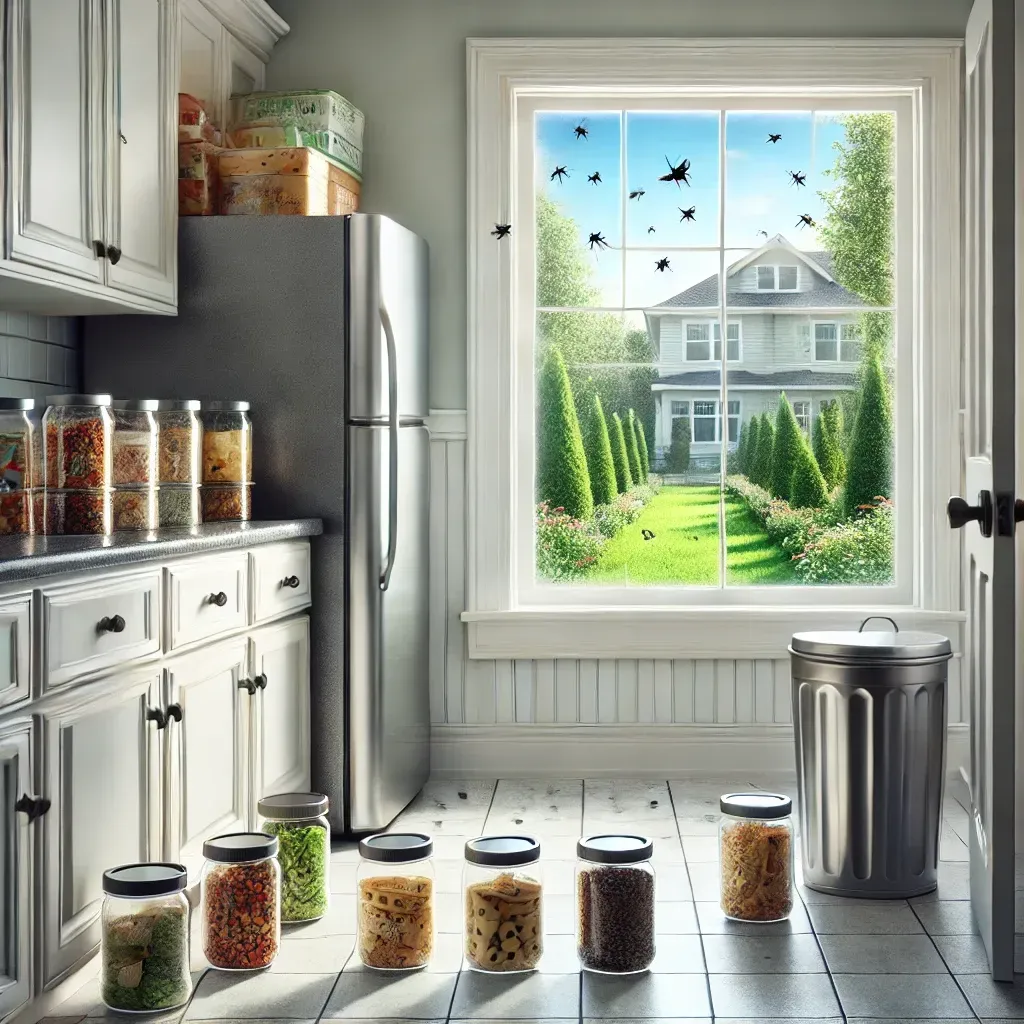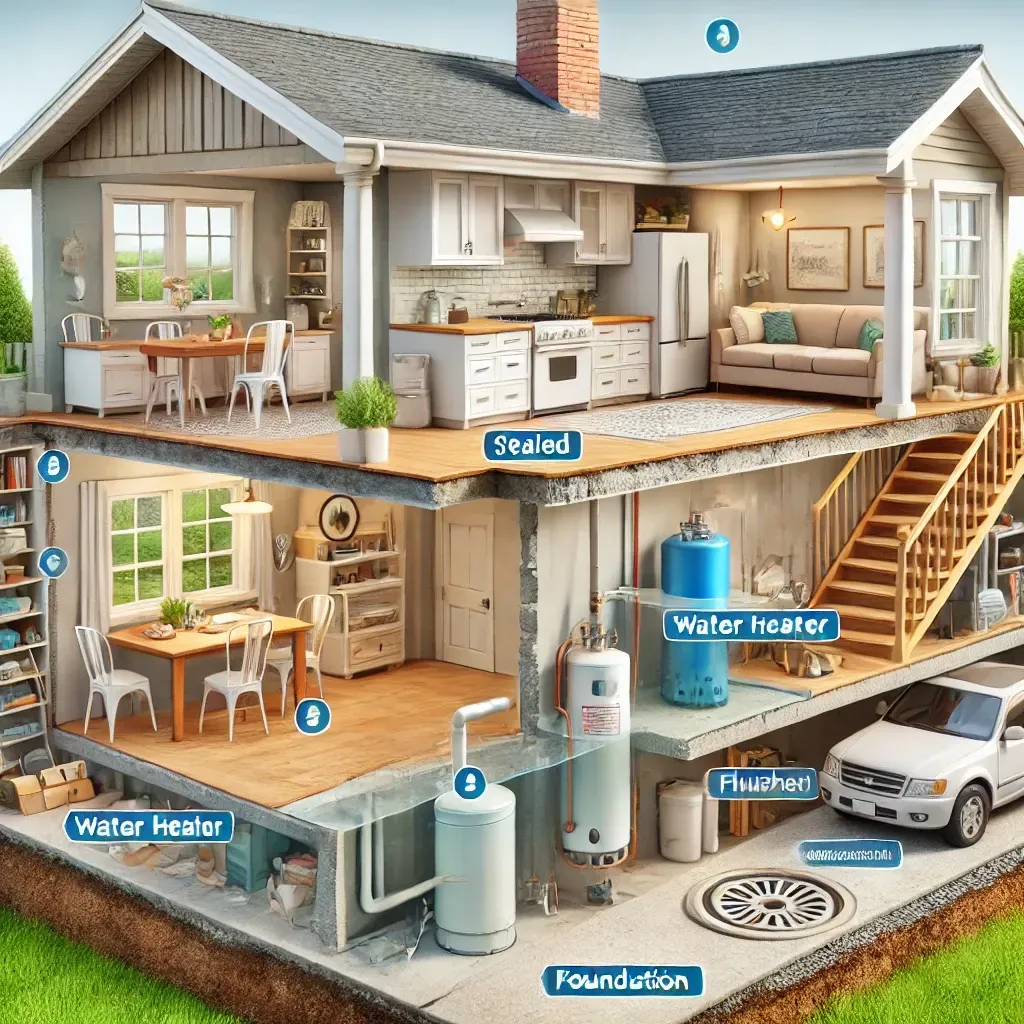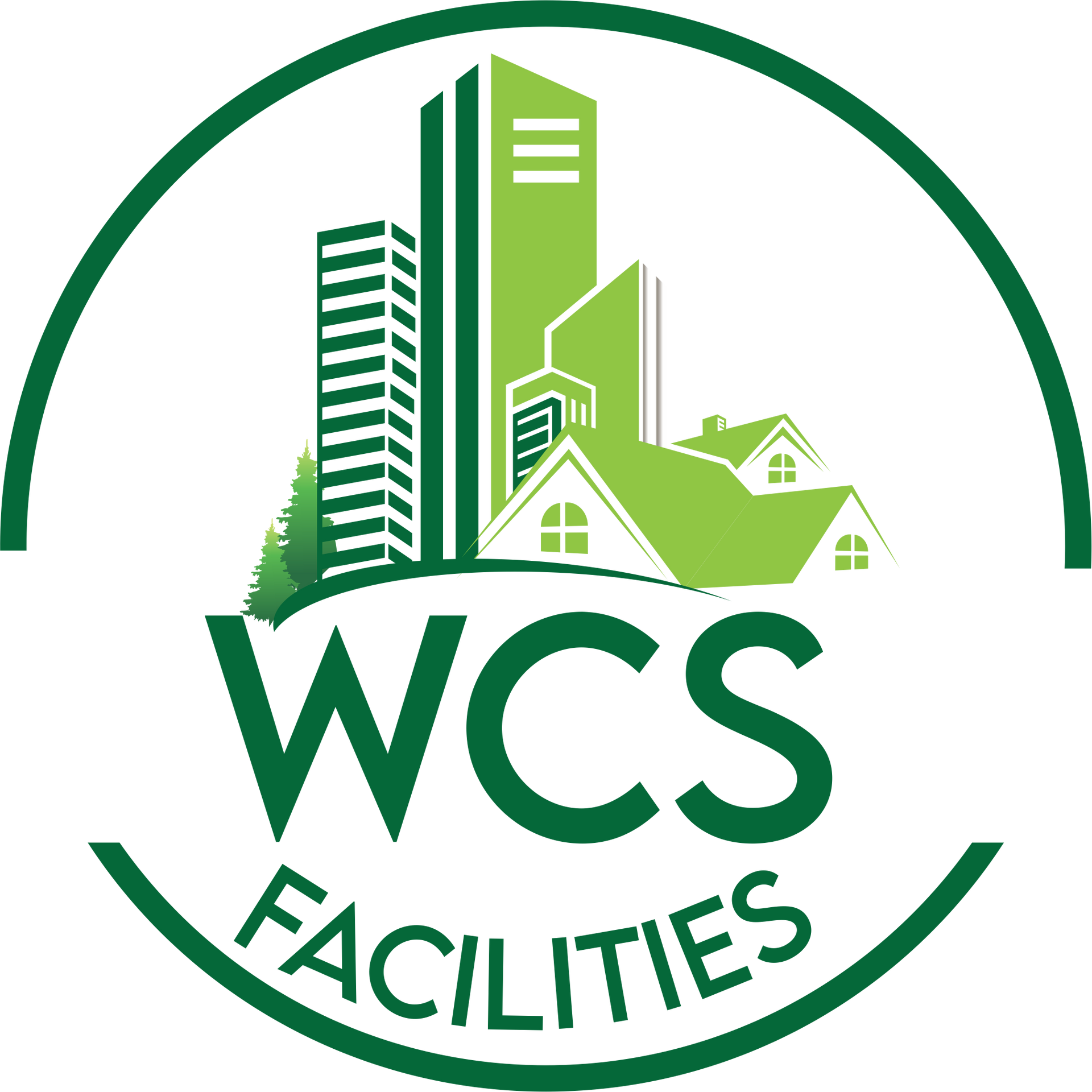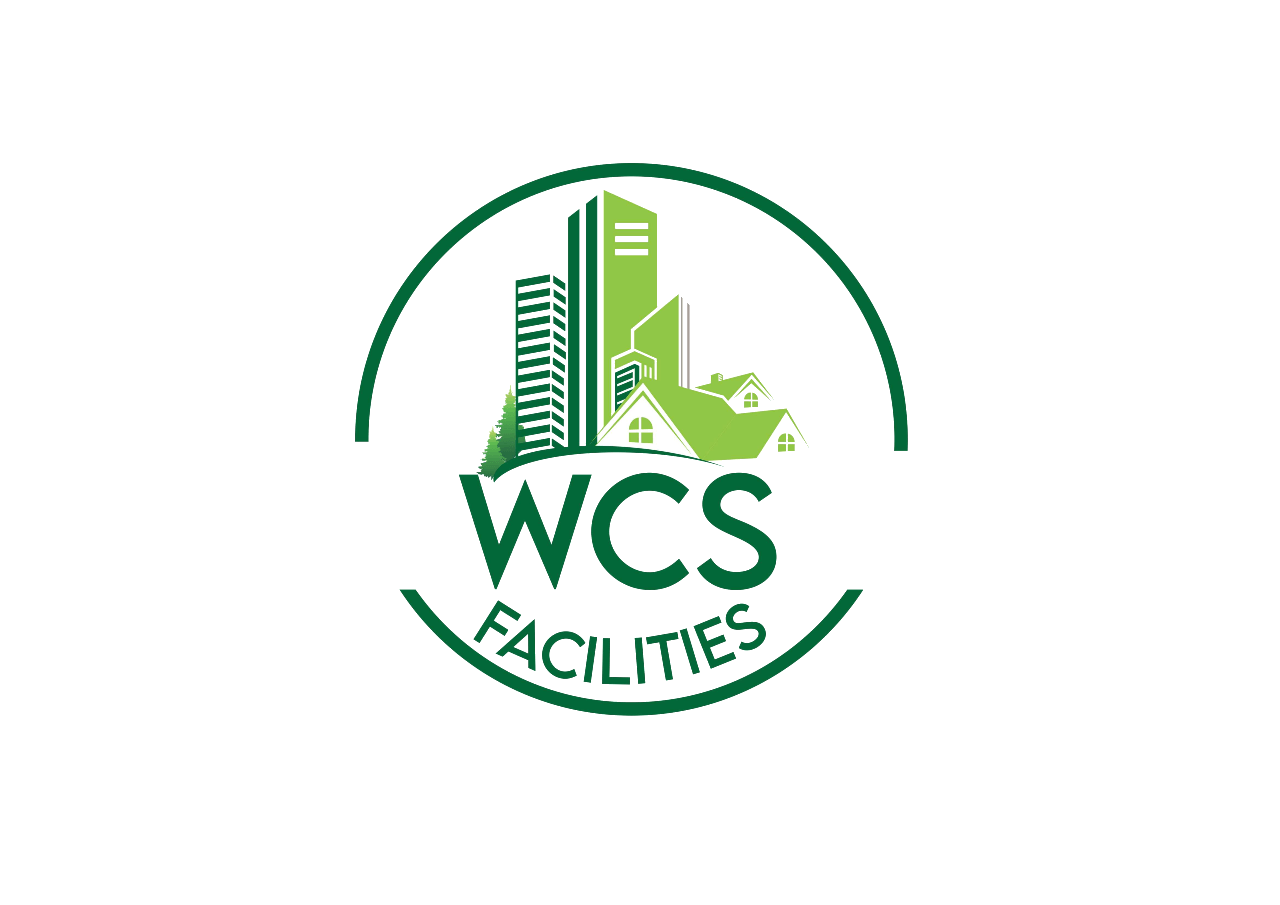Different Dumpster Services Guide With WCS Facilities Management Guide
Most people think of the trusty old trash can when it comes to waste disposal. But a simple trash can won't cut it for more significant projects, renovations, or even large businesses. That's where dumpster services come in.
Here's a breakdown of the different dumpster services available to meet your specific needs and how WCS facilities management can integrate seamlessly with these services.
Roll-Off Dumpsters: The Workhorses of Waste Disposal
Roll-off dumpsters are the most recognizable type of dumpster service. These large, rectangular containers are delivered by truck, rolled onto the ground, and picked up again when complete. They come in various sizes, typically ranging from 10 yards (perfect for small home renovations) to 40 yards (ideal for large construction projects).
Here are some key things to consider when choosing a roll-off dumpster service:
- Size: Estimating the amount of waste you'll generate is crucial. Choosing the right size dumpster saves you money by avoiding overfilling charges or needing to rent multiple smaller ones.
- Debris allowance: Some companies restrict the materials allowed in their dumpsters. Be aware of potential limitations in concrete, yard waste, or hazardous materials.
- Rental period: Rental periods can vary, with some companies offering flexible options and others having set durations. Choose a service that aligns with your project timeline.
- Permitting: Depending on your location, you might need a permit to place a dumpster on public property (like the street). The dumpster company can assist with this process.
Construction and Demolition Debris Removal
Construction and demolition projects generate a unique set of waste materials. Some roll-off dumpster companies specialize in handling these materials, which often include:
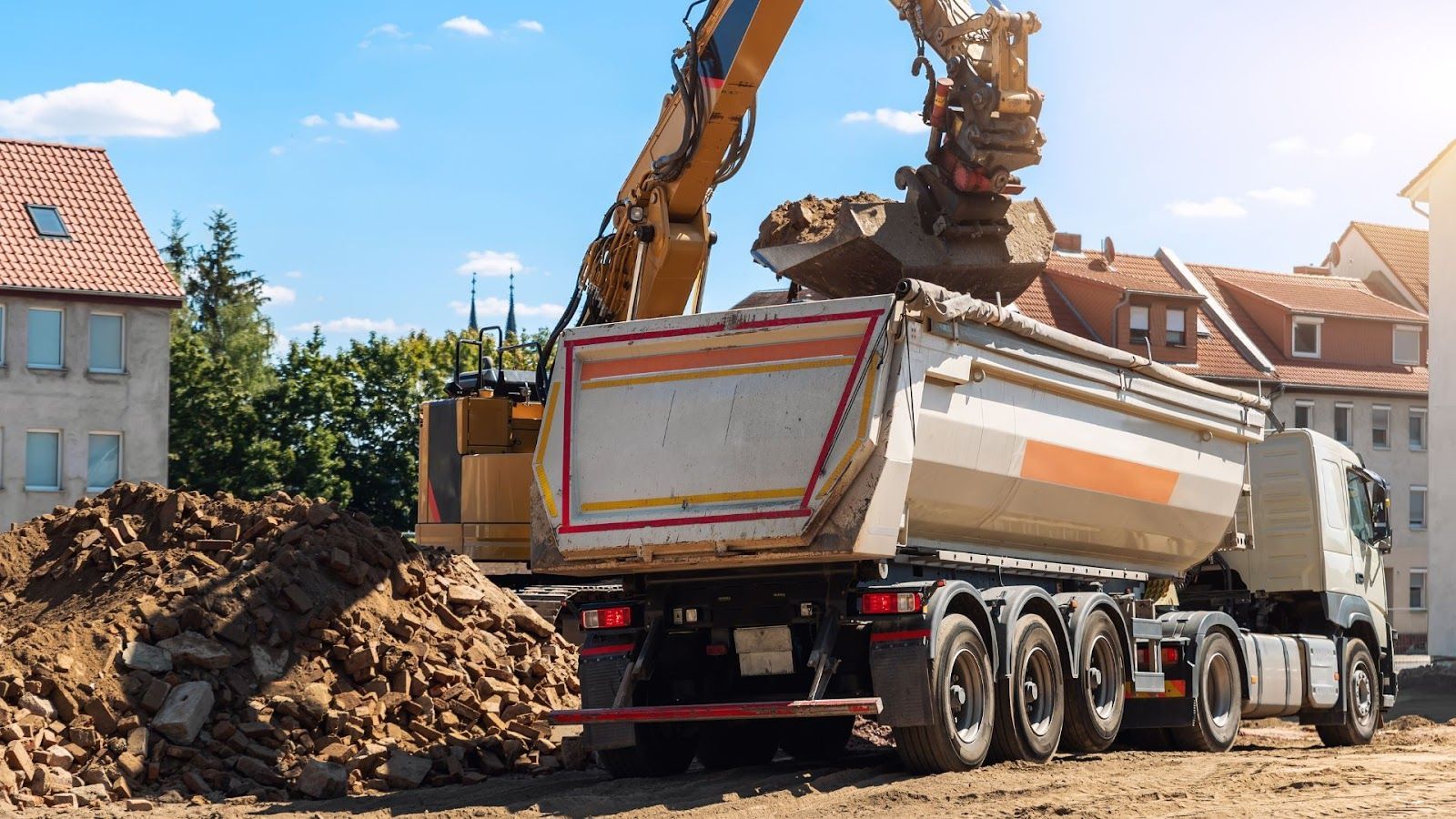
- Concrete and Asphalt: These require specialized disposal facilities and may incur additional fees.
- Wood and Lumber: Clean wood can often be recycled, while treated wood might require specific disposal methods.
- Drywall and Sheetrock: While relatively lightweight, large quantities of drywall can fill a dumpster quickly.
Beyond Roll-Offs: Specialized Dumpster Services
While roll-off dumpsters are versatile, specific projects require specialized dumpster services. Here are a few examples:
- Yard Waste Removal: These dumpsters are designed for organic materials like leaves, branches, and yard trimmings. Dumpster Companies may offer composting options.
- Hazardous Waste Disposal: Hazardous materials like paint, chemicals, and electronics require special handling and disposal procedures. Look for companies licensed to handle these materials.
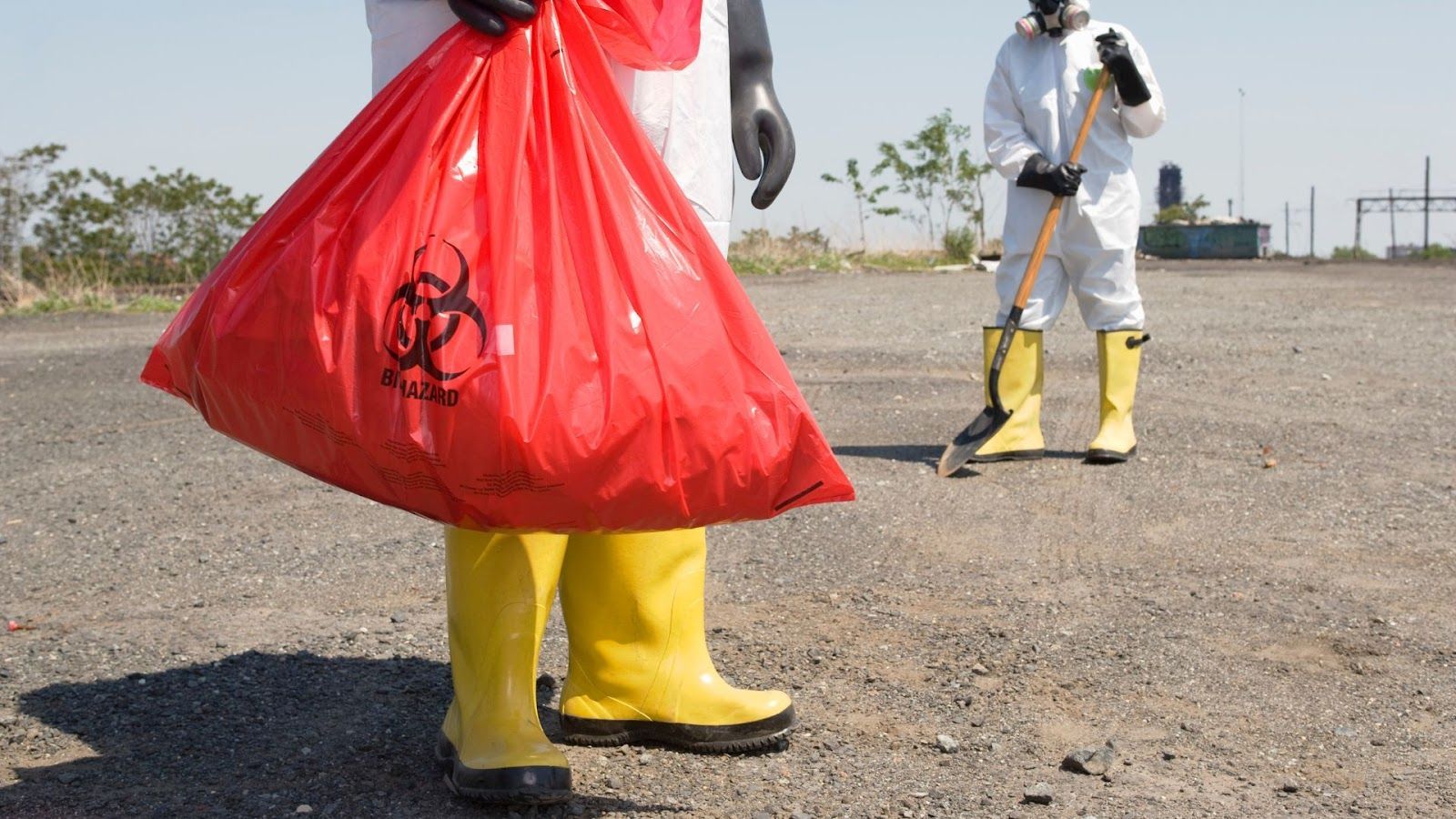
- Liquid Waste Disposal: Specialized liquid waste disposal services are necessary for projects involving large quantities of liquids, such as septic tank cleaning or pool drainage.
Waste Collection Services (WCS) facilities are crucial in managing a community's waste disposal. These facilities often require specialized dumpster services to handle the high volume and diverse types of waste they receive. Here's how dumpster services cater to WCS needs:
- Multiple dumpster options
- Permitting and compliance
- Hazardous waste disposal
- Data and reporting
You might also like
